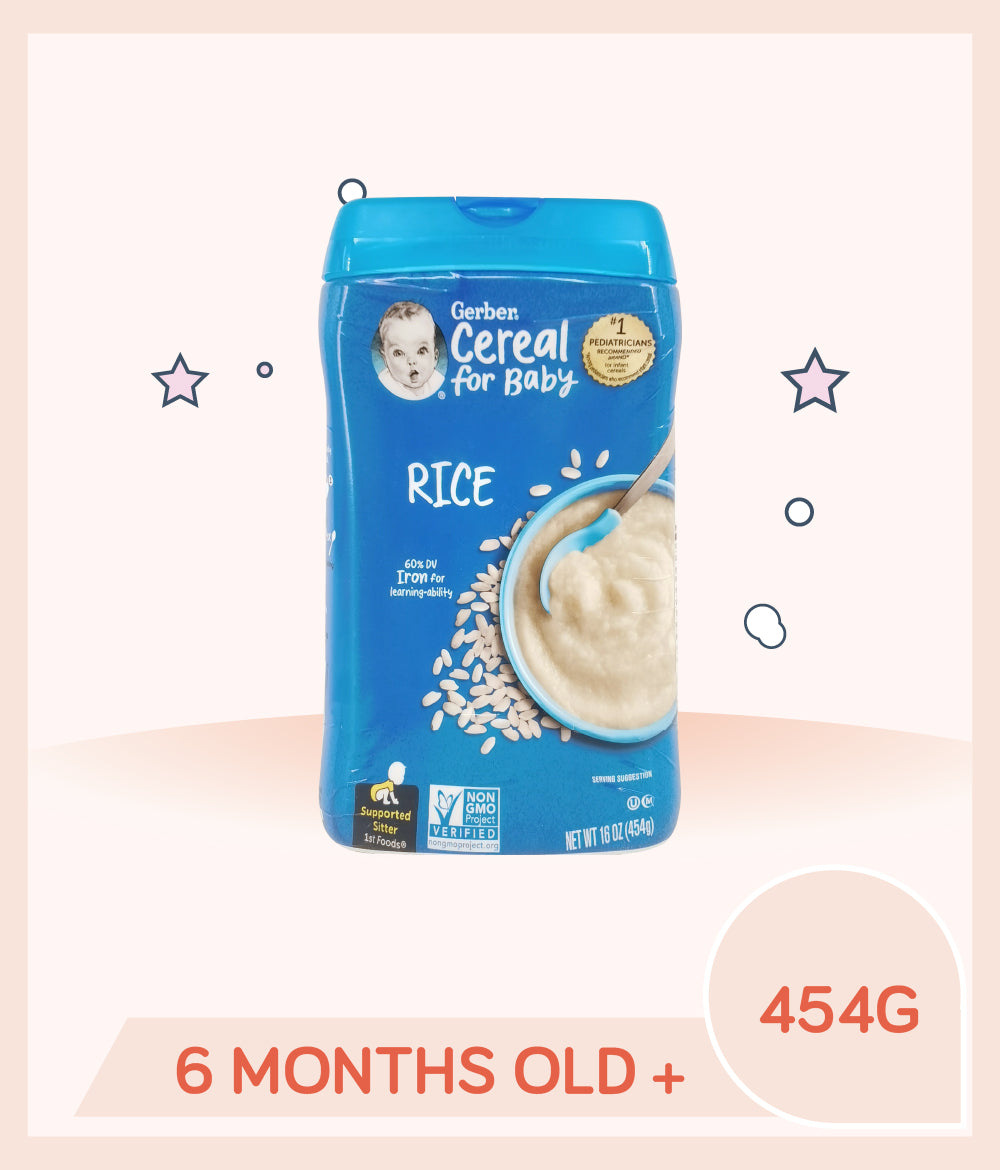There will always be an anticipatory thrill when a pregnancy is confirmed whether it is well planned or a pleasant surprise.
As a result, a mother must understand what Antenatal care entails. Antenatal care is the medical attention you receive while pregnant. During this time, you will be offered appointments with a midwife or an obstetrician, a doctor who specializes in pregnancy.
Antenatal care aims to ensure that pregnancy is safe for the mother and that the developing baby is healthy. Pregnancy is a momentous time to encourage healthy behaviors and ensure that the baby receives all the nutrients required for proper growth and development.
Why is Antenatal care important and what are the benefits?
1. Reduce risk of defects & complications
The key role and responsibility of prenatal care is for mothers to have a safe labour and to reduce the risk of pregnancy complications. Many pregnancies are normal and healthy, but detecting a pregnancy complication can be difficult. Prenatal care will take care of you in this situation. Regular consultations with your doctor will assist you in analyzing such issues.
Aside from that, antenatal care includes screening for both the mother and the baby for any potential pregnancy-related conditions. For example, the mother's blood pressure and diabetes should be monitored because they can complicate pregnancy and increase the risk of premature birth. High blood pressure can also put the mother at risk for pre-eclampsia, a potentially fatal condition that can endanger both the mother and the developing baby's life.
As a result, regular screening can help prevent complications by detecting it early and providing the appropriate treatment. Congenital abnormalities are screened between 15 and 19 weeks (about 4 and a half months).
2. Keep track of baby’s growth and development
Antenatal care will allow you to evaluate the baby's growth and development at each stage and assist you with the necessary process. The development of your child inside the womb is a good predictor of their health. During prenatal visits, your doctor may measure your child to see how he or she is developing. Modern technology, such as ultra-sounds, can also be used to confirm the child's development and determine the gender. Ultrasound scans also help to determine the fetus's condition, size, and environment, ensuring that he is growing normally.
3. Nutrition care
Getting the best nutrition for you and your unborn baby is absolutely essential during pregnancy. Your diet will need to be modified to meet your baby's nutritional requirements. Your doctor will instruct you on the recommended dietary intake for the next nine months, including how much to eat and what to avoid eating.
Nutrition is critical for your baby's proper development, and prenatal visits are highly recommended to check your blood to ensure you are getting an adequate intake, or you may develop iron-deficient anaemia. Do not worry mothers, your doctor will give you important dietary advice during your prenatal visits.
4. Appropriate immunization
Some vaccines are both safe and necessary during pregnancy. The tetanus toxoid vaccine is one of the vaccines given to pregnant women, and it is necessary to safeguard both the mother and the baby during delivery. Pregnant women are also given flu shots because they are more likely to become ill. Vaccines protect you and your baby from diseases that are easily preventable. During pregnancy, a mother's white blood cells serve as her babies' first line of defense. Getting the right vaccines allows mothers to pass on the antibodies their babies require to fight infections while still in the womb.
Overall, getting antenatal care is important during your pregnancy. Depending on your health, circumstances, and location, you may attend your antenatal appointments at your regular hospital, nearby hospitals, or a local health center. By going to antenatal care, you will feel much better knowing that someone is watching over your baby’s development, and it helps to relieve your mental stress and ensure a happy and safe pregnancy.
Whatever stage of your pregnancy you are in, staying informed about your body and your baby's development is important for a healthy pregnancy and delivery. Pregnancy is a lengthy process that lasts nine months. Your body will go through a lot of changes during this time. Some changes may benefit your developing baby, while others may complicate your pregnancy. Complications during pregnancy can endanger both the mother and the child's lives. As a result, antenatal care is highly recommended
References:
1. Banta D (2003). What is the efficacy/effectiveness of antenatal care and the financial and organizational implications? Copenhagen, WHO Regional Office for Europe Health Evidence Network report; http://www.euro.who.int/Document/E82996.pdf, accessed (Accessed: February 13, 2023).
2. UK, N.H.S. (2017) Your antenatal care, NHS choices. NHS. Available at: https://www.nhs.uk/pregnancy/your-pregnancy-care/your-antenatal-care/#how-many-antenatal-appointments-will-i-have (Accessed: February 13, 2023).
3. -, U. (2022) Antenatal Care, UNICEF DATA. Available at: https://data.unicef.org/topic/maternal-health/antenatal-care/#:~:text=Through%20antenatal%20care%2C%20pregnant%20women,to%2Dchild%20transmission%20of%20HIV. (Accessed: February 13, 2023).
















Leave a Reply